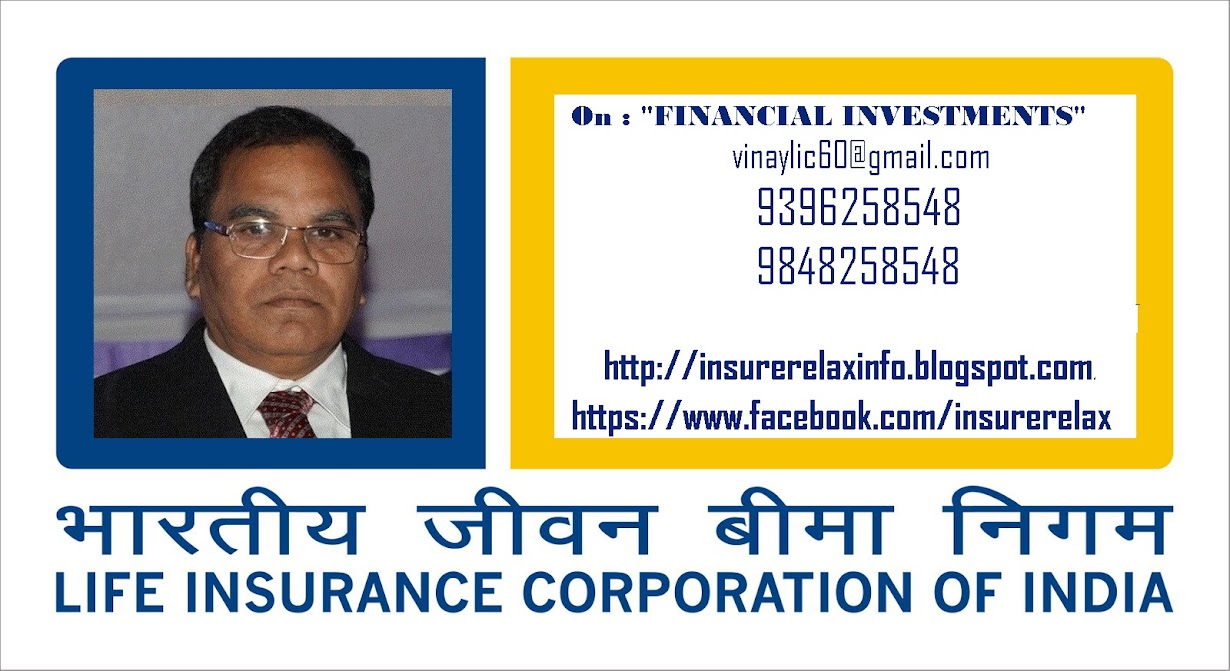
Discounts by Manufacturer: The discounts from car manufacturers are offered for a short interval of time. To stay competitive in the market, the discount is offered on models which are less in demand. This way, the manufacturers can boost the sales by offering high discounts on such models. The buyers should not expect any sort of discount on the newly launched car.
Loyalty Bonus: This bonus is offered by a few manufacturers to retain their loyal customers. If you plan to buy a new car from the same manufacturer as the one you currently own, you stand a chance to avail loyalty bonus. The bonus amount on your car varies with respect to its demand in the market.
Corporate Discount: Manufacturers offer corporate discount to seek attention of the employees associated with a reputed corporate firm. The dealers are kept in the loop on the top firms’ employee who should be given the right to get corporate discount. As a buyer, it is important to be well informed to known whether you qualify for this discount or not.
Discount on Insurance Premium: Every person needs to purchase an insurance policy for a new car. You can buy policy from insurance companies, but getting your car insured from a dealer increases the prospect of getting a bigger discount. As a smart buyer, you should not hesitate in asking for a discount on insurance premiums of your car. The discount margin on new cars insurance policies are solely in the hands of a dealer. If the financing aspect of your car is managed by a dealer, you are entitled to ask for a discount on this too.
Exchange Bonus: This bonus applies to people who are trading their used car for a new one. The dealers offer this bonus, as they can earn a decent amount of margin on the used cars.
Dealer Discount: Apart from the manufacturer side, the discount is also offered by several dealers. The discount ranges between 1 to 10 percent on the overall price of the car and it varies according to a particular model. A dealer also offers discount in the form of car accessories and free vehicle servicing.
The informative car buying guide will aid to identify other discount options on handling charges, registration charges, service charges and more. This guide is helpful for a buyer to save money by getting a good deal on the purchase of a new car.
vinay mohanty



